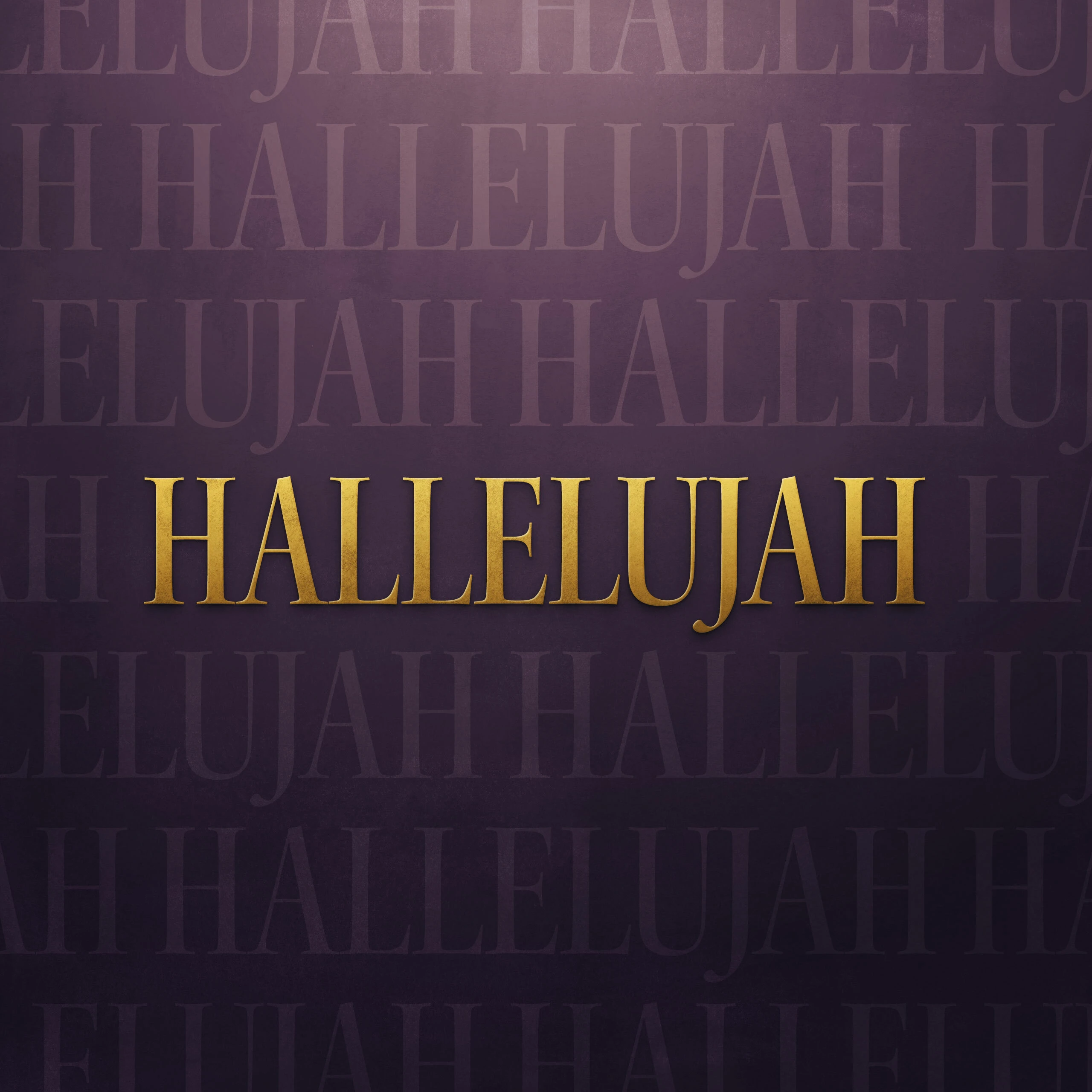What “Hallelujah” Means in the Bible

Few artistic productions coming out of the Western Christian church have a stronger, more majestic presentation of God’s triumph as the “Hallelujah Chorus” that concludes Part II of Handel’s Messiah, based upon the eschatological scene of Revelation 19. The choir of voices again and again proclaim “Hallelujah!”—a command in the Hebrew language translated “praise the Lord”—regaling the Lord God omnipotent for His victory over sin and death through His Son, Jesus Christ, who died and is alive forevermore (Rev. 1:18), having been resurrected, ascended and glorified at the right hand of His Father. The repeated declarations of “hallelujah” are a fitting response to the culmination of God’s work in such momentous redemptive events, as it has been and will be throughout the history of His people. It behooves us, then, to understand this word and its perpetual place in the assembly of His saints.
For a word so synonymous with the praise of God’s people, it may come as a surprise that it occurs only in two books of the Bible: Psalms and Revelation. To be sure, the root of the word, hll, appears in a variety of uses throughout the Old Testament. For example, Pharaoh’s attendants “praise” Sarai’s beauty upon Abram’s arrival into Egypt (Gen. 12:15), and David commands the Levites “to invoke, to thank, and to praise the LORD, the God of Israel” (1 Chron. 16:4–5). However, the word hallelujah is the combination of the plural imperative form of the verb hālal with the shortened form of the Tetragrammaton, Yah for YHWH. In that form, this command appears only in books four and five of the Psalms and chapter 19 of Revelation.
Twenty-three out of twenty-four uses of “hallelujah” in the Old Testament occur at the beginning or the end of a psalm (Pss. 104–106, 111–113, 115–117, 146–150), the lone exception being Psalm 135. The meaning of the word seems clear on the surface: “praise the Lord”—in other words, recognize our covenant Lord as God and give Him due honor. How does the specific use and context of “hallelujah” within the psalms and at the conclusion of the book of Revelation inform and enhance the full meaning of the expression and its place amongst the people of God? While not exhaustive, a few observations merit discussion.
First, the plurality of the command and its presence within specific collections of psalms used regularly in congregational worship (such as the Egyptian hallel psalms of Pss. 113–118 and the final hallel psalms of Pss. 146–150) reveal that praise belongs first and foremost to the assembly of God’s people. The many and varied inhabitants of God’s creation are commanded to praise the Lord (see Ps. 148), and the community of His saints in particular are charged with bringing to bear their voices, talents, and hearts in worship (see Ps. 150). While the Psalms as well as the breadth of Scripture encourage individual praise (see Ps. 146:1), the community of believers brings fullest expression to God’s praise, which leads to the next observation.
The plurality of the command and its presence within specific collections of psalms used regularly in congregational worship.
Second, the nearly exclusive placement of “hallelujah” at the beginning and end of the psalms in which it occurs provides the hermeneutical key for the distinguishing feature of the old and new covenant church: praise in worship. Some scholars contend that, over time, “hallelujah” became a standardized call to begin formal worship. But its implementation goes far beyond a sign to begin worship—like the bells of a church—and speaks more deeply to the purpose and identity of the assembly of believers. Its placement at the beginning and end of these psalms instructs the people of God that they were created and redeemed for the purpose of praising the Lord, and every movement of the liturgy must work toward this end. In true praise, God receives glory and the congregation experiences true joy, which leads to the final observation.
Third, the call of “hallelujah” rings out in response to God’s redemption through His Messiah, in whom, through whom, and by whom we will praise the Lord in eternity. These psalms call for praise in reflection upon His majestic works of creation, but they dedicate the majority of their effort in praise for God’s redemptive works. Rejoicing over the “one who keeps faith forever; who executes justice for the oppressed, who gives food to the hungry” (Ps. 146:6–7) culminates in
the voice of a great multitude, like the roar of many waters and like the sound of mighty peals of thunder, crying out,
“Hallelujah! For the Lord our God the Almighty reigns. Let us rejoice and exult and give him the glory, for the marriage of the Lamb has come, and his Bride has made herself ready.” (Rev. 19:6–7)
The great multitude of believers throughout the ages, justified and sanctified by the blood of Jesus, have the privilege to fulfill their purpose and joy in worship at the throne of God and the Lamb, recounting salvific wonders of love and mercy, crying “hallelujah” again and again, from beginning to end, never ceasing. The “Hallelujah Chorus” of Handel’s Messiah will pale in comparison.


